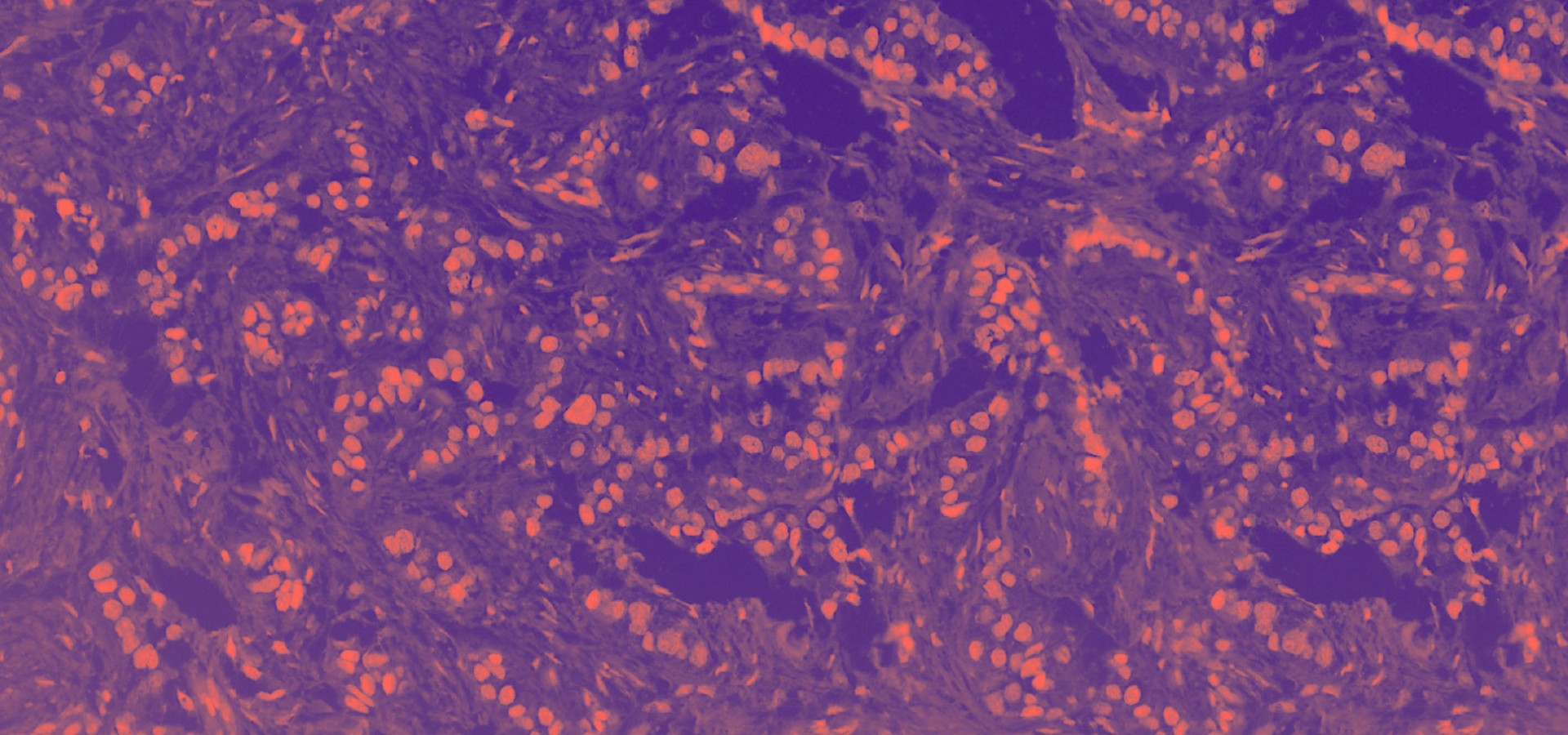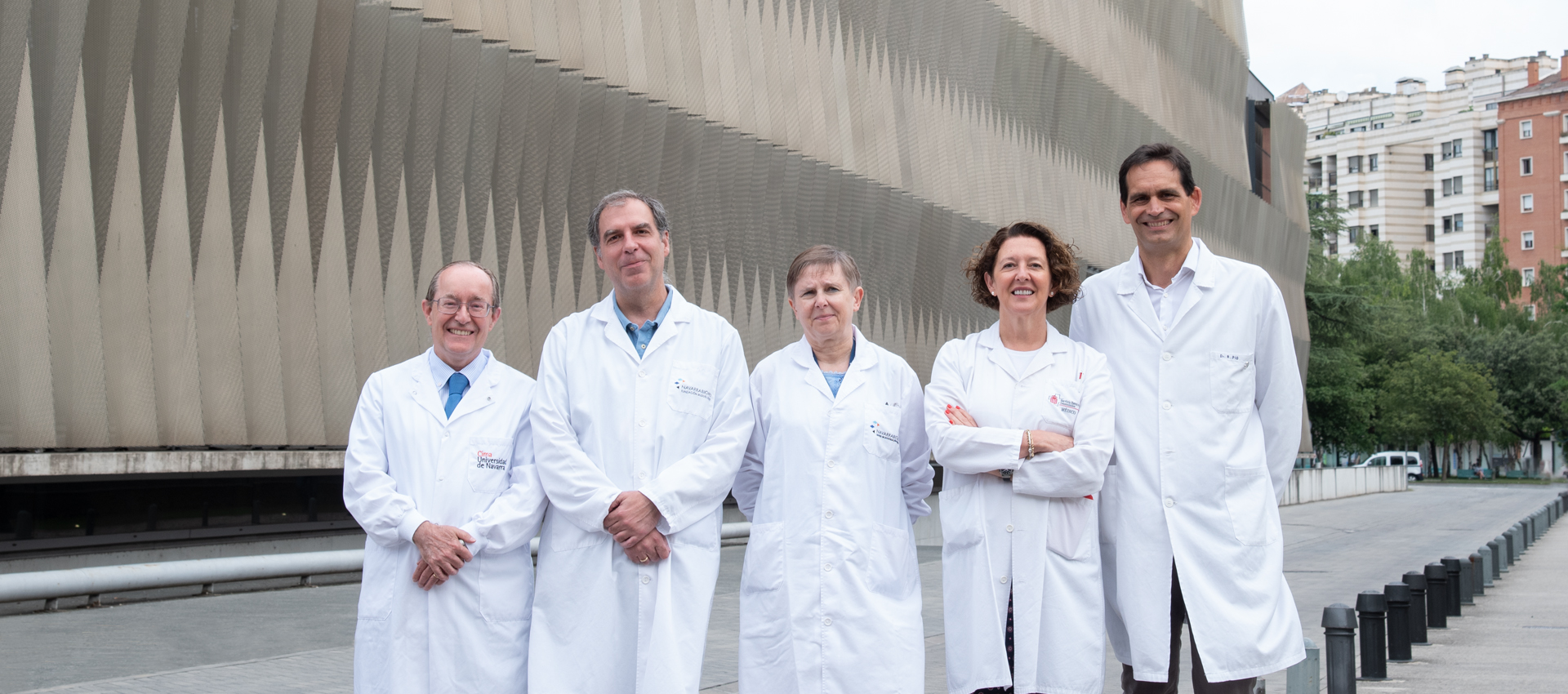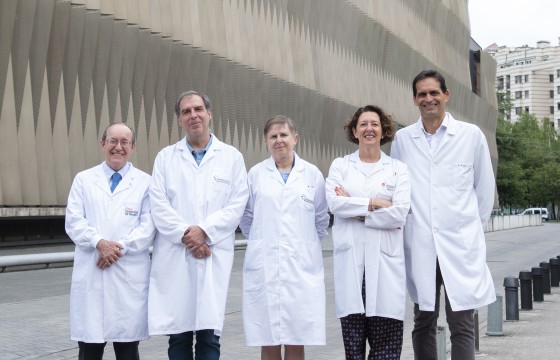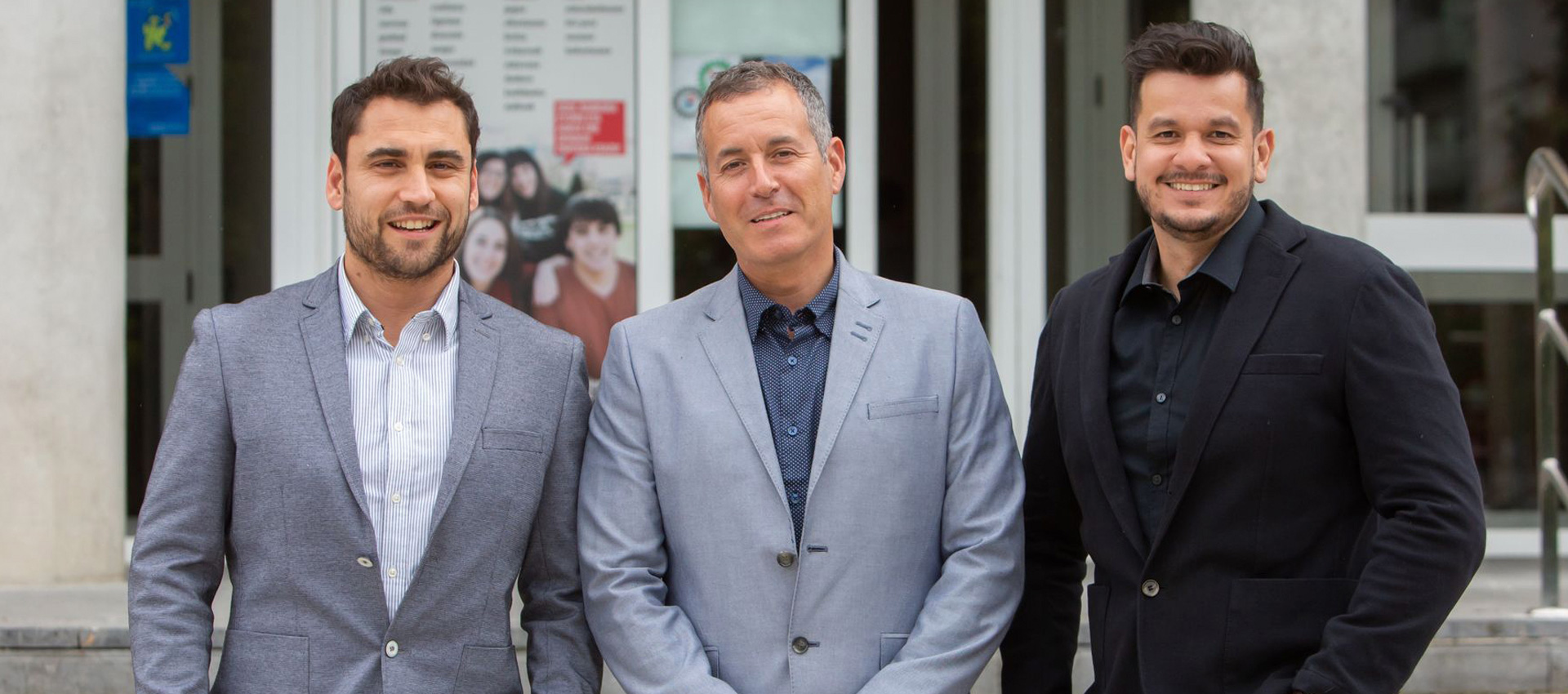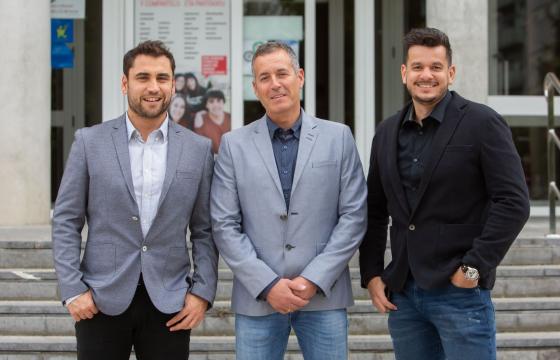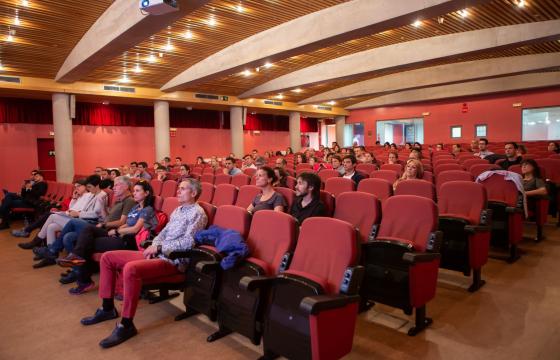Experts gathered at the Public University of Navarra (UPNA) have urged health and sports professionals to become ‘health agents’ by promoting physical activity among young people and pregnant women. Their goal is to improve the health and fitness of the population as a strategy to prevent non-communicable chronic diseases like obesity, heart disease or type 2 diabetes. A symposium was held by UPNA in Pamplona on Thursday 9 May to discuss exercise prescription as a way to improve health in all ages. Organised by the School of Medical Sciences and the Department of Medical Sciences, the event drew some 130 sports, health and biomedical experts.
Two UPNA researchers, who are also members of Navarrabiomed (the joint biomedical research centre of the Government of Navarra and the Public University of Navarra) and the Navarra Medical Research Institute (IdiSNA), delivered speeches: Mikel Izquierdo Redín, organiser the event, and Robinson Ramírez-Vélez. Mikel Izquierdo talked about strength training and the functions of the muscular system, ‘which a number of health professionals consider important for improving health and recovering from diseases linked with a sedentary lifestyle and population ageing, as well as for optimising sport performance after muscle injury.’ He debunked some of the myths created by pseudo-therapies in connection with strength training and improved muscle function. He said that muscle loss is not an inevitable outcome of ageing, as it can be prevented with proper training. He also observed that it is not true that children cannot do strength training exercises; on the contrary, they can, as long as they engage in controlled movements that are suitable for their age. He insisted that fitness ‘always’ offers benefits to patients who suffer from diseases such as type 2 diabetes and denied that the best muscle training is the one associated with extreme fatigue.
Finally, Izquierdo questioned the effectiveness and validity of the Kinesio Taping Method (which consists in applying elastic strips on muscles to treat pain), hypopressive techniques, electro stimulation suits and muscle roller sticks.
Health and pregnancy
Robinson Ramírez-Vélez said that, despite the efforts made to prevent non-communicable chronic disease, such as promoting healthy habits like physical exercise, a balanced diet, a good night’s sleep, quitting smoking and drinking, and so on, ‘we have failed to obtain the desired results.’ Studies reveal, he added, that ‘the mother’s state of health during pregnancy conditions to some extent the developing baby’s health later in life.’ He highlighted the importance of physical activity in children and adolescents – both aerobic exercise and resistance/strength training. Also, he insisted that health professionals should prescribe physical activity in all stages of life, even pregnancy.
The closing lecture was delivered by Antonio García-Hermoso, of Navarrabiomed and IdiSNA. He showed his disappointment in the fact that ‘Physical Education in school is not considered to be as important as subjects.’ He cited important international studies concluding that ‘exercise in youth is good for both physical and mental wellbeing.’ Finally, García-Hermoso recommended that ‘sports should be given the importance they deserve in primary, secondary and higher education.’
